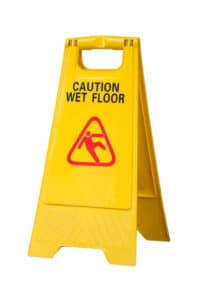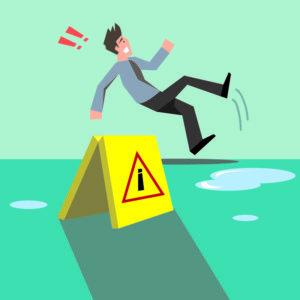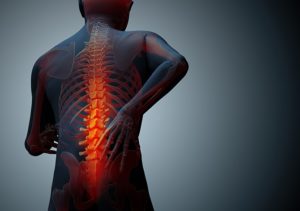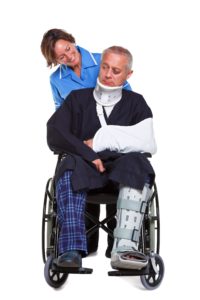Whole Foods Grocery Store Injury Lawyer
The idea of Whole Foods Market was to provide shoppers with the option of shopping for healthier food options at a reasonable price.
Whole Foods was in step with a new movement of health conscious Americans that want to eat better and maintain better overall health.
While things like obesity and related illnesses continue to rise with 1 in 3 Americans being clinically obese, Whole Foods gives people a healthier grocery store option.
Whole Foods offers organic and natural foods while trying to keep the costs low.
Known then as SaferWay, a little play on Safe Way stores. In 1981 SaferWay merged with a local store named Whole Foods.
This has led to the store we know today as Whole Foods Market.
In 1992 Whole Foods went public creating major growth over the next decade. By the early 2000s Whole Foods was one of the top grocery chains in the U.S. , even if it was known as Whole Paycheck.
Obviously a play on words mocking the prices at Whole Foods that are no longer considered low.
Even though Whole Foods is considered expensive it still does a thriving business with its organic and natural food products.
Whole Foods Market business was so good that it was acquired by Amazon for $13.7 Billion Dollars, now Whole Foods can serve all Amazon clients and Whole Food Clients online as well as in store.
Newer Whole Food Markets have their own restaurants or fast service food items creating not only a place to shop but to dine and get coffee.
You can even return or pick up Amazon packages while at a Whole Foods Market.
You can also order on the Amazon app and have groceries delivered or pick them up at a pick up location in their parking lot.
With Whole Foods being purchased by Amazon and then adding things like fresh food and in store dining options as well as added Amazon drop off and pick up, Whole Foods is no longer just an Organic and Nature based small grocery store.
Now Whole Foods Markets are much bigger with more options to choose from.
Under the premises liability law, anyone who is injured at a Whole Foods Market has the right to file a lawsuit to recover damages if it can be proven that negligence was the cause of your injuries.
The Richard Harris Law Firm is here to assist you.
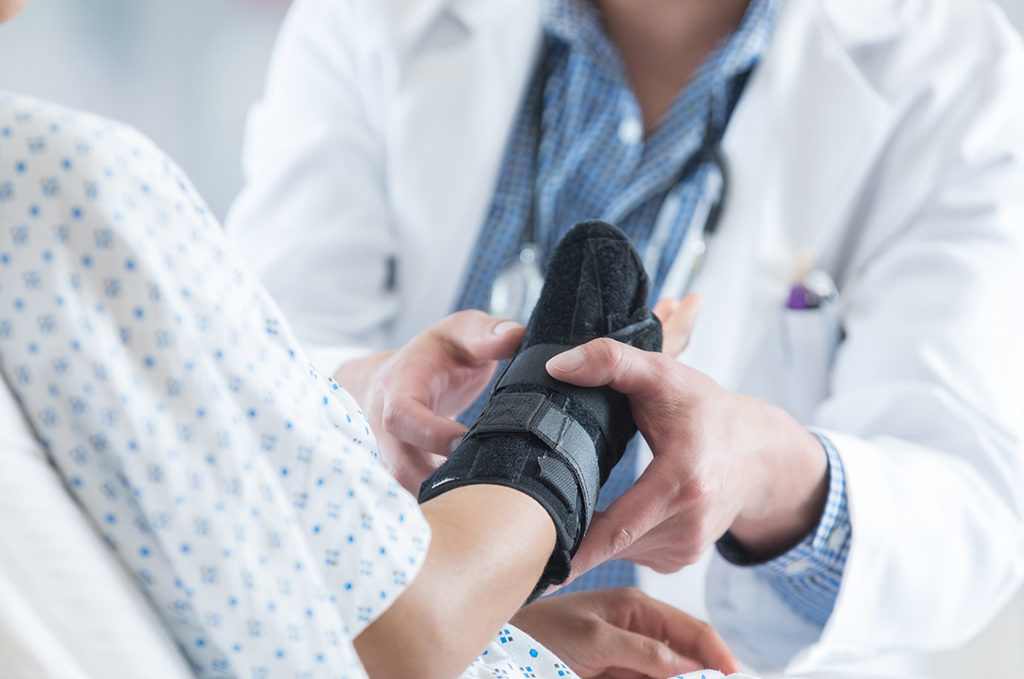
Injured at Whole Foods
If you have been injured at Whole Foods Market then contact us today.
Maybe you were injured by another customer, had a product fall from a shelf above and land on you, or maybe you just slipped and hurt yourself.
Even if you fell outside the store in the parking lot, you may be able to recover financial compensation.
The legal experts at The Richard Harris Law Firm have represented clients over the years from all over Nevada.
The Richard Harris Law Firm will do whatever it takes to get you the settlement you deserve.
Our team is not afraid of litigation to ensure your settlement.
Our team will do our best to negotiate with the insurance company or other representative of Whole Foods who will try to send you a lowball offer.
Our team is not afraid of going to trial.
Whole Food injury claims are taken by our firm on a contingency basis, and what that means is that there are no upfront fees.
We only take payment after the claim has been completed and only if we recover damages on your behalf.
Richard Harris has been representing clients who have been injured at grocery stores like Whole Foods for over 40 years.
Our team of experts has recovered Billions of dollars in settlements for our clients.
Contact our firm today for your free consultation about your Whole Foods injury case.
Call today to learn about your legal options for compensation.
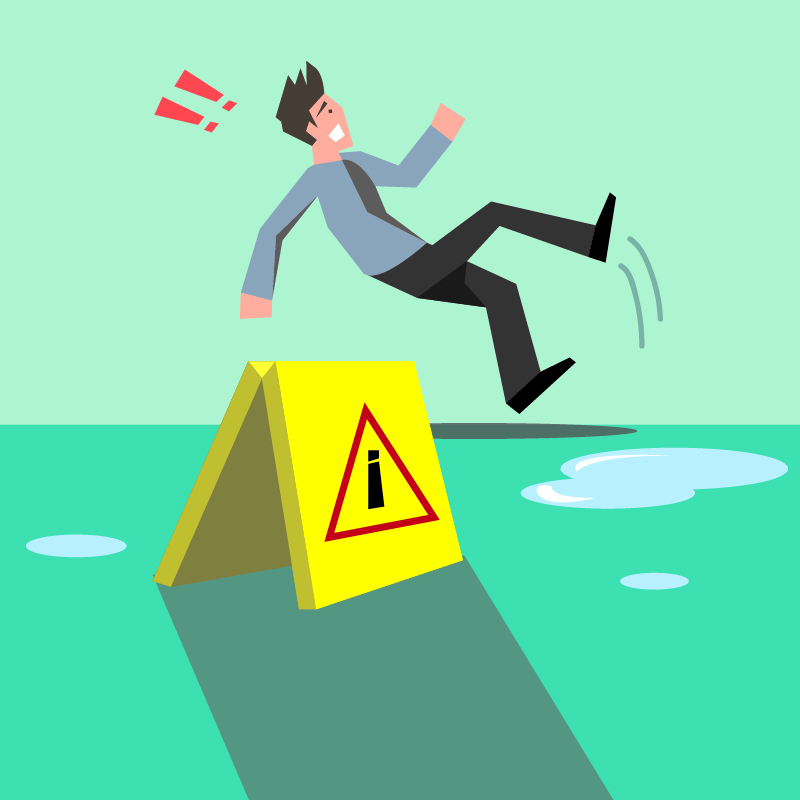
Causes of Injuries at Whole Foods Market
After seeing these cases over the years our team has compiled some of the most common reasons for injuries at a grocery or food store like Whole Foods.
-
Slip, trips and falls- There are many reasons for an injury at the grocery store, uneven floors, broken sidewalks and walkways, inadequate lighting and wet floors are all causes of slip, trips and falls.
-
Falling objects- When objects are stacked too high on the floors of the grocery store, or store displays are not secure this could lead to objects falling.
-
Falling shelves- When store displays like shelving are not secure these shelves have a potential to fall and injure someone.
-
Burns and food poisoning- Self serve hot food in grocery stores could lead to being burned by the food storage equipment like hot steam tables. Food poisoning could also happen with improperly prepared or stored food served at the wrong temperature could lead to food poisoning.
-
Improperly maintained equipment- Grocery stores have lots of moving parts and equipment that makes the store run. Improperly serviced equipment like grocery carts, conveyor belts, hot and cold food storage, and other equipment that is not maintained properly could lead to accidents and injuries.
-
Lack of security- Grocery stores are responsible for keeping customers and employees safe. When security is lacking either in the store or out they could be held liable for your injuries if lack of security is considered the cause of your injuries.
-
Stocking equipment injuries- Stores like Whole Foods get truckloads of products daily to keep the shelves stocked. Using equipment like forklifts and other heavy loading equipment to move products around the store. The store could be liable if the areas with this equipment are not secure and the operator injures another employee or a customer.
These are just a few examples of the ways someone might be injured while visiting or working at Whole Foods.
What to do After an Accident at Whole Foods?
The injury or accident itself might seem like the thing you should focus on, but what you do right after can make all the difference in your future.
There are several steps you are advised to take to ensure you get treated the way you deserve after being injured at a Whole Foods Market.
-
Report the incident- Immediately notify the store management of the incident. If the manager is not available, ask for a security officer. Request the accident be formally documented in a report and request a copy.
-
Seek medical attention- No matter how small your injuries may seem get it checked out. Medical services can assure your injuries are documented and treated. Also seeking medical attention may uncover injuries that you may not be aware of.
-
Take photos/ video- If you are safe, document the scene of the accident, including any hazardous conditions that may contribute to your injuries. Take photos of the injuries you suffered as well as the surrounding areas that may have contributed to the injuries.
-
Gather witness information- If others saw the incident and what happened you should get their contact information. They are asked to give a statement and can be a crucial part of your personal injury claim.
-
Avoid speaking to insurance adjusters or lawyers for the company- An insurance agent or lawyer may contact you from the other side. Do not provide any recorded statements or documents without consulting an attorney. Insurance companies will try to minimize your claim or deny it altogether by putting it on the victim. They also might also give you a lowball offer to settle and close the claim as quickly and with as little money as possible. Never take that offer.
-
Contact The Richard Harris Law Firm- Having an experienced lawyer can help you navigate the legal process, investigate your case and negotiate with the store’s insurance company to secure a fair settlement for your claim.
Get Compensation From a Whole Foods Injury
If your injuries at Whole Foods were caused by negligence of the store or its employees, you may be entitled to compensation for a variety of damages.
These damages are typically divided into two categories; economic damages that cover tangible financial losses, and non economic, that compensate you for the personal and emotional impact of your injury.
Medical Expenses- This is usually the largest portion of an injury settlement case. When a portion of your settlement is dedicated to medical expenses you can recover expenses for:
-
Past Medical Bill- Emergency room visits, hospital stays, diagnostic tests, medications, and physical therapy and any other medical expenses that is directly related to the accident or injury
-
Future medical Expenses- Your injuries from Whole Foods might require on-going or long term medical attention. Your lawyer can ask for damages to cover anticipated medical expenses.
Lost Wages- Injuries sustained at Whole Foods can lead to missing work, leading to lost income. You may be able to recover for:
-
Missed Work- This covers any income you would have made had you been at work.
-
Future lost income- this can mean many things including reduced earning capacity, the difference between what you were earning and what you are earning now after your injury.
-
Long term disability- If there is a chance you won’t be able to work anymore you can recover damages for permanent injuries like Traumatic brain Injuries.
Pain and Suffering- Damages for pain and suffering aim to compensate you for the emotional and psychological toll the incident took on you. You can recover damages for:
-
Emotional Distress- This includes damages for the emotional impact that the accident has on you; this include PTSD, anxiety, and depression.
-
Permanent disfigurement or scarring- This covers damages of the emotional impact of living with permanent damage from the accident or injury.
Punitive Damages- If the Whole Foods Market was grossly negligent and the actions by the employees caused your injuries or accident and could have been avoided, you can recover damages for:
-
Gross Negligence- these are known as punitive damages. These are not compensation for your losses but punishment for the negligent party. They are also considered deterrents and warnings for the business not to vomit the same negligent behavior again. It is also a warning for similar companies to avoid the specific behaviors that could land them in similar situations.
Out of-Pocket Expenses- many victims of injuries at Whole Foods are require to lay out money associated with their injuries and recovery such as:
-
Transportation costs to and from medical appointments
-
The costs of mobility modifications or equipment to accommodate a disability
-
Child Care, home health care or other services that you may need while recovering
Who is Responsible for Accidents at Whole Foods?
This question has no easy answer, that’s why hiring The Richard Harris Law Firm is the best option.
Figuring out who is responsible for the injuries could be complicated.
Since Whole Foods is owned by Amazon and Amazon may not own the building that Whole Foods is in, but rent the space instead, who is responsible?
If a shelf falls on you, who is responsible: the shelf manufacturer, the installer, or Whole Foods?
An experienced legal team like Richard Harris can investigate the case and sort out who is ultimately responsible for your injuries.
Our team can sort out all the in and outs of your personal injury claim against Whole Foods, call our office today for a free consultation.




















